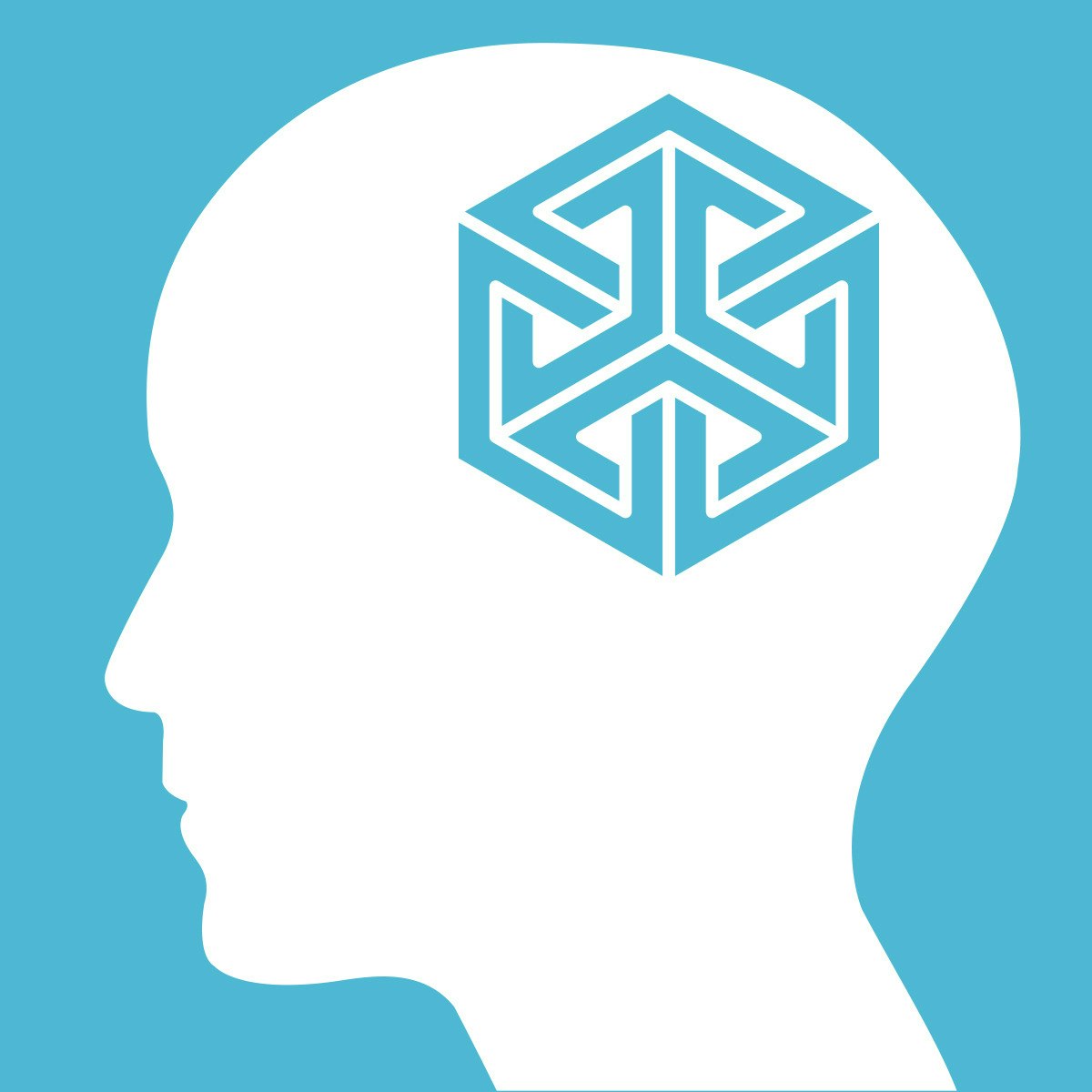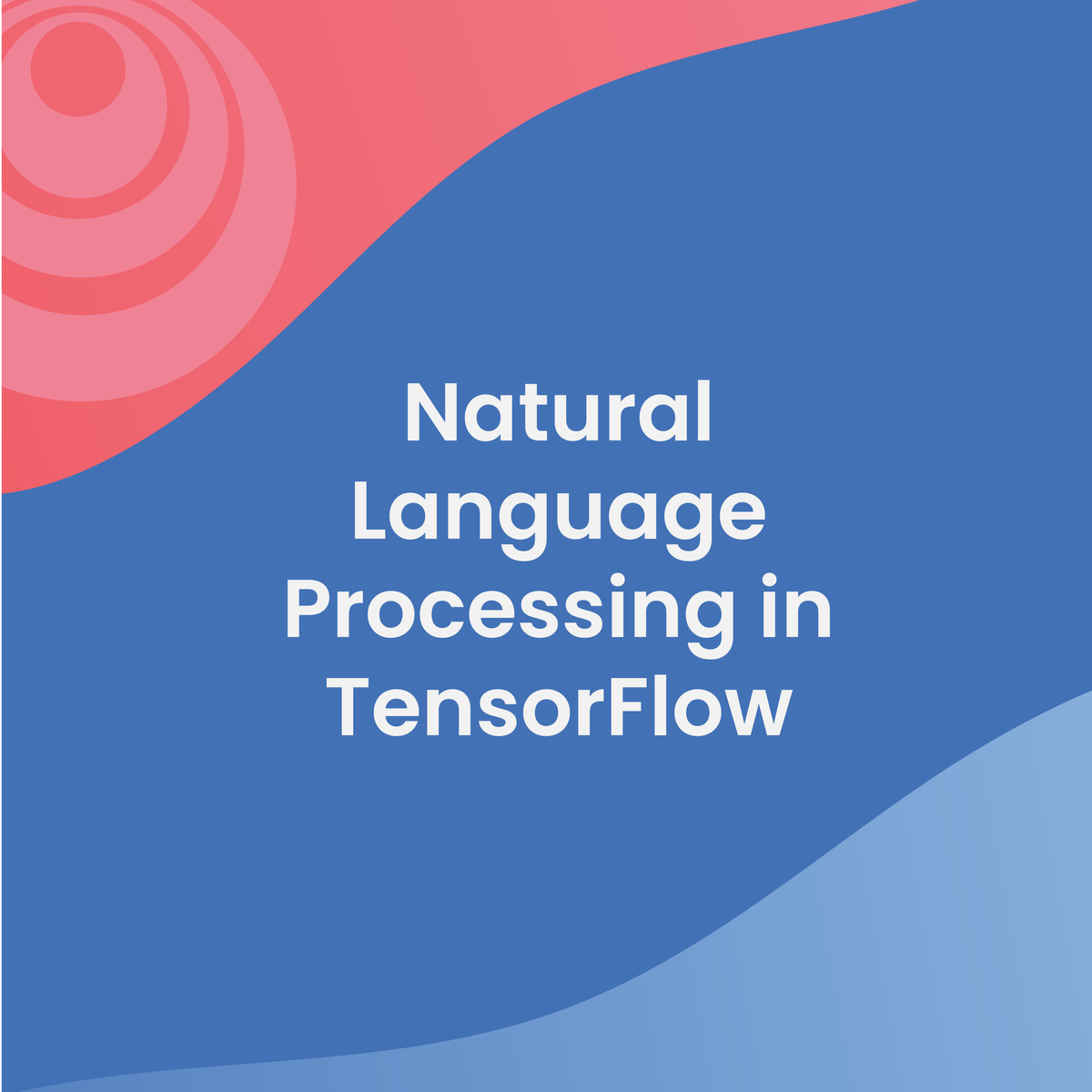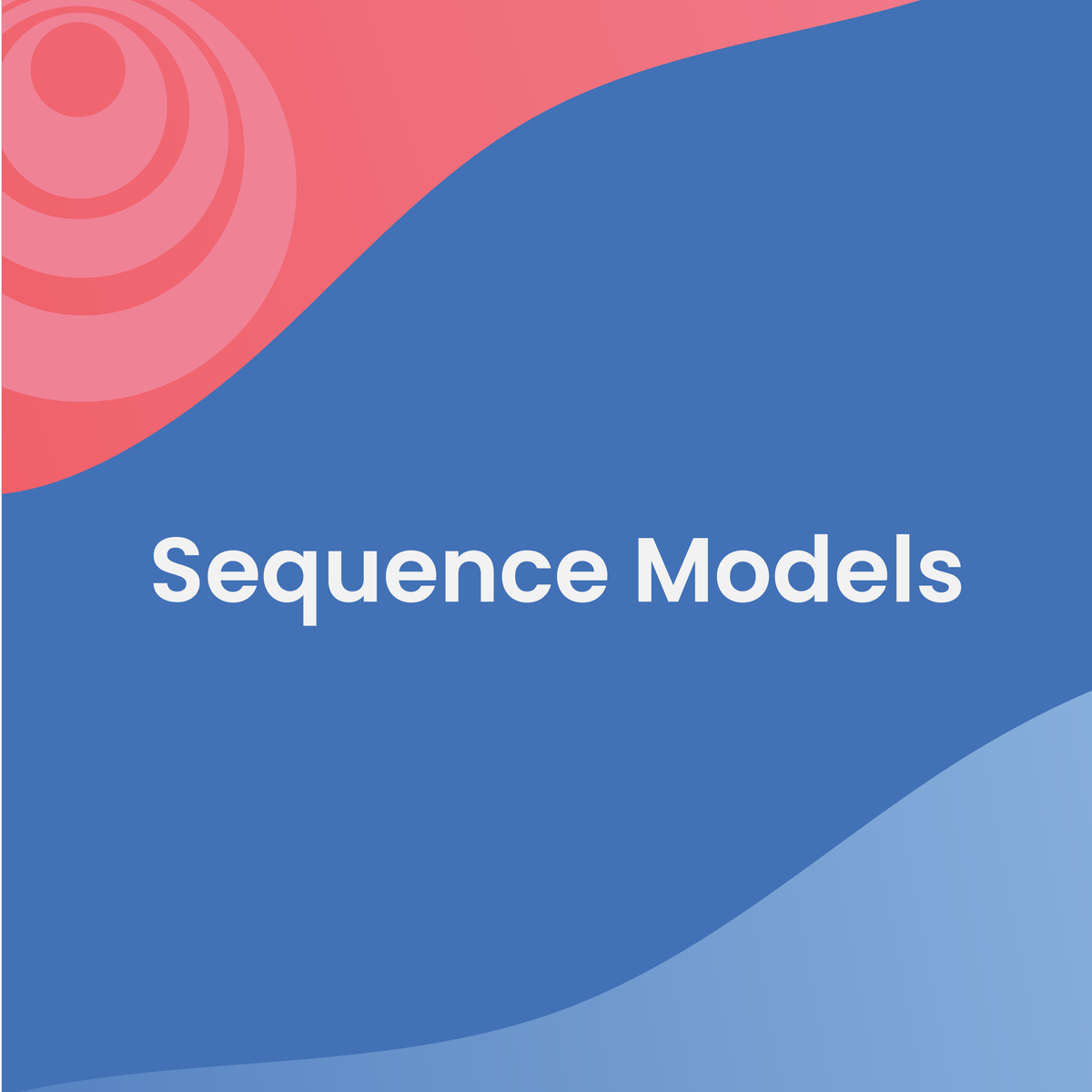Computational Linguist
A Career in Computational Linguistics: Where Language Meets Technology
Computational linguistics is a fascinating and rapidly evolving interdisciplinary field that sits at the crossroads of linguistics, computer science, and artificial intelligence. At its core, it involves teaching computers to understand, process, interpret, and generate human language. This field explores how computational methods can aid in the study of language and, conversely, how an understanding of language can inform the development of new computational technologies. For those intrigued by the intricacies of human language and the power of computing, a career as a computational linguist offers a unique and stimulating path.
Working as a computational linguist can be incredibly engaging. Imagine being at forefront of creating technologies that power a virtual assistant to understand your spoken commands, or developing algorithms that can translate languages in real-time, breaking down communication barriers across the globe. Another exciting aspect is the constant learning and problem-solving involved in mimicking the complexities of human language, a system of immense nuance and subtlety, within a logical, rule-based computational framework. The impact of this work is tangible, influencing everything from how we search for information online to how healthcare providers analyze medical data.
What Does a Computational Linguist Do?
The daily life of a computational linguist is diverse and often involves a blend of research, development, and analysis. You might find yourself designing and implementing algorithms that help computers understand the structure (syntax) and meaning (semantics) of sentences, or you could be immersed in analyzing large collections of text or speech data, known as corpora, to identify linguistic patterns and build language models. Training these models and evaluating their performance are also key responsibilities.
Computational linguists are in demand across a surprising range of industries. The most prominent is the technology sector, where companies like Google, Amazon, and Apple employ them to work on search engines, voice assistants, machine translation, and other AI-powered products. Academia and research institutions also provide numerous opportunities for those who wish to push the boundaries of the field. Furthermore, areas like healthcare are increasingly leveraging computational linguistics for tasks such as analyzing medical records and improving patient communication systems. Government agencies also utilize these skills for tasks like automated translation and intelligence analysis.
Collaboration is a cornerstone of this profession. Computational linguists often work closely with software engineers to integrate linguistic components into larger systems, with data scientists to analyze language data and build predictive models, and with domain experts (like doctors or lawyers) to tailor language technologies to specific industry needs. This interdisciplinary teamwork ensures that the developed solutions are both technologically sound and practically relevant.
Understanding the Core: An ELI5 Look at Computational Linguistics
Imagine you're trying to teach a very smart, but very literal, robot how to understand and speak English. That's essentially what computational linguists do! Human language is full of tricks: words can have multiple meanings ("bank" can be a place for money or the side of a river), sarcasm can flip the meaning of a sentence entirely, and we often leave things unsaid that context makes clear. Robots, or computers, don't naturally get these nuances.
Computational linguists act as translators and teachers for these computers. They use their knowledge of how language is structured (the grammar rules, the way words combine to make sentences) and how meaning is conveyed, and they turn that knowledge into instructions computers can follow. For example, they might help a computer learn that "I'm feeling blue" usually means someone is sad, not that they've literally turned the color blue. Or they might teach it to recognize that "Can you pass the salt?" is a request, not just a question about ability.
They do this by feeding computers lots of examples of language (like millions of sentences from books and websites) and using techniques from computer science, like machine learning, to help the computer "learn" the patterns. The goal is to get the computer to be able_ to understand language well enough to do useful things, like answer your questions (think Siri or Alexa), translate between languages (like Google Translate), or even help doctors quickly find important information in patient notes.
Formal Education Pathways
Embarking on a career as a computational linguist typically begins with a strong educational foundation that bridges the gap between language and technology. Understanding the formal pathways can help aspiring individuals chart their course effectively.
Undergraduate Degrees: Laying the Groundwork
For undergraduate studies, common starting points include a bachelor's degree in linguistics, computer science, or a closely related field. Some universities offer dual major programs or specialized tracks that explicitly combine these disciplines, providing an ideal preparation. A linguistics-focused path will provide a deep understanding of language structure, theory, and analysis. Conversely, a computer science major will equip you with essential programming skills, algorithmic thinking, and a solid grasp of software development principles.
Regardless of the primary major, it's beneficial to take courses in both areas. Aspiring computational linguists should seek out coursework in areas such as programming (Python is particularly prevalent), data structures, algorithms, formal language theory, syntax, semantics, phonetics, and phonology. Mathematics courses, especially in statistics and probability, are also highly valuable. An interdisciplinary approach at the undergraduate level builds a robust and versatile skillset.
To get a broad introduction to the study of language, which is fundamental to this field, consider exploring foundational linguistics courses.
Graduate Programs: Specialization and Advanced Study
While some entry-level positions may be accessible with a strong bachelor's degree and relevant experience, many roles, particularly those focused on research and development, require a graduate degree. Master's (MSc) or doctoral (PhD) programs specifically in computational linguistics, natural language processing (NLP), or artificial intelligence with a language focus are common. These programs delve deeper into advanced topics and research methodologies.
Key coursework at the graduate level often includes advanced machine learning, statistical NLP, deep learning for NLP, information retrieval, dialogue systems, machine translation, and advanced linguistic theory. Graduate programs usually involve a significant research component, culminating in a thesis or dissertation on a specialized topic within computational linguistics. This research experience is highly valued by employers, as it demonstrates the ability to tackle complex problems and contribute novel solutions to the field. Institutions often foster interdisciplinary research, allowing students to work on projects that span departments like linguistics, computer science, and even cognitive science or psychology. Cognitive Science and Psychology can offer insights into how humans process language, which can inform computational models.
For those looking to understand the mechanics behind many NLP systems, courses on specific architectures are beneficial.
Exploring foundational texts in linguistics and language processing can provide a robust theoretical underpinning for advanced studies.
Research Opportunities and Thesis Topics
Research is a vibrant and integral part of computational linguistics. Opportunities abound in universities, research labs, and even within large tech companies. Thesis topics can range widely, reflecting the breadth of the field. Examples include developing more accurate machine translation systems for low-resource languages, creating more nuanced sentiment analysis tools, improving the fairness and reducing bias in language models, designing better human-computer dialogue systems, or exploring how computational models can shed light on human language acquisition or processing.
Engaging in research allows students to contribute to the cutting edge of the field, publish their work in academic journals and conferences, and build a professional network. Many successful computational linguists point to their graduate research as a pivotal experience in shaping their careers. The skills honed during this period—critical thinking, problem-solving, technical expertise, and communication—are highly transferable and sought after in both academic and industry roles.
Understanding how AI, in general, perceives and generates "intelligence" can be a fascinating research area that complements computational linguistics.
Online and Self-Directed Learning
The path to becoming a computational linguist isn't solely paved through traditional university programs. The rise of high-quality online courses and resources has made it increasingly feasible for dedicated individuals to acquire the necessary skills through self-directed learning, supplement formal education, or pivot from other careers. OpenCourser provides a vast catalog, allowing learners to browse courses in Artificial Intelligence and related fields.
Is Online Education a Viable Path?
For many, especially those already holding a degree in a related field like computer science or linguistics, or professionals looking to transition, online education can be a highly effective route. Online courses offer flexibility, often at a lower cost than traditional programs, and allow learners to focus on specific skill gaps. Platforms like Coursera, edX, and Udemy host a wealth of courses taught by experts from renowned institutions and industry professionals.
While a formal degree might still be preferred by some employers, a strong portfolio of projects, demonstrable skills, and a solid understanding of core concepts gained through online learning can make a compelling case. The key is to be disciplined, proactive, and strategic in your learning. It’s not just about collecting certificates; it’s about genuinely mastering the material and being able to apply it. For those on a budget, it is also worth checking the OpenCourser deals page for discounts on courses.
Many learners wonder about the value of certificates obtained from online courses. For guidance on this, OpenCourser's Learner's Guide offers articles such as how to add certificates to your resume or LinkedIn profile.
Recommended Topics for Self-Study
If you're charting your own learning path, certain topics are crucial. A strong foundation in programming, particularly Python, is essential, as it's the lingua franca of NLP. Familiarize yourself with core Python libraries used in data science and machine learning, such as NumPy, Pandas, and Scikit-learn. Delve into NLP-specific libraries and frameworks like NLTK (Natural Language Toolkit), spaCy, and Hugging Face Transformers.
Understanding machine learning concepts is vital. This includes supervised and unsupervised learning, classification, regression, and evaluation metrics. Deep learning, especially Recurrent Neural Networks (RNNs), Long Short-Term Memory networks (LSTMs), and Transformer models, has revolutionized NLP, so a solid grasp of these architectures is highly beneficial. On the linguistic side, ensure you understand fundamentals like morphology, syntax, semantics, and pragmatics. Familiarity with corpus linguistics and methods for annotating and analyzing language data is also important.
Here are some courses that cover these essential areas, particularly focusing on Python and core NLP concepts:
For those ready to dive into the practical application and fine-tuning of Large Language Models (LLMs), which are central to modern NLP, these courses offer more advanced insights:
Foundational books can provide a comprehensive understanding of NLP with Python and the underlying machine learning principles.
Building a Portfolio: Showcasing Your Skills
Theoretical knowledge is important, but practical application is what truly demonstrates capability. For self-taught learners and even those in formal programs, building a portfolio of projects is crucial. This is your opportunity to apply what you've learned to real-world (or simulated real-world) problems and showcase your skills to potential employers.
Consider contributing to open-source NLP projects on platforms like GitHub. Participate in Kaggle competitions focused on NLP tasks such as text classification, sentiment analysis, or machine translation. Even personal projects, like building a simple chatbot, a text summarizer, or a tool to analyze linguistic patterns in your favorite books, can be valuable additions. Document your projects well, explaining the problem, your approach, the tools and techniques you used, and the results you achieved. A well-curated portfolio can speak volumes about your passion, initiative, and technical abilities.
OpenCourser offers tools to help you organize your learning journey. You can use the "Save to List" feature to curate courses and books, effectively creating your own learning path. These lists can then be managed and even published via your saved items page to share with others or as part of your portfolio.
Computational Linguist Career Progression
The career trajectory for a computational linguist can be quite varied and rewarding, offering opportunities for growth in both technical expertise and leadership. The path often depends on individual skills, interests, educational background, and the specific industry one chooses. The demand for professionals with skills in Natural Language Processing (NLP) and AI-driven language technologies is robust and expected to grow.
Entry-Level Roles: Getting Started
Upon entering the field, typically with a bachelor's or master's degree, individuals often start in roles such as NLP Engineer, Junior Computational Linguist, Language Engineer, Research Assistant, or Data Annotator. In these positions, daily tasks might involve developing and testing NLP models, pre-processing and annotating language data, contributing to the design of language-based software features, or supporting senior researchers in their projects. Entry-level salaries can vary significantly based on location, the size and type of the employer (e.g., tech startup vs. established corporation vs. academic institution), and the candidate's specific skillset and prior experience (including internships). According to some sources, entry-level computational linguists might expect salaries in the range of $60,000 to $80,000 annually, though this can fluctuate. Other aggregated data suggests a median salary closer to $79,804, with the 10th percentile around $52,000.
These initial roles are crucial for building practical experience, honing technical skills, and gaining a deeper understanding of real-world applications of computational linguistics.
Mid-Career Paths: Growth and Specialization
With a few years of experience (typically 3-7 years) and a proven track record, computational linguists can advance to mid-career roles. These might include titles like Senior Computational Linguist, Senior NLP Engineer, AI Scientist (with a language focus), or even AI Product Manager specializing in language technologies. Responsibilities at this stage often involve leading small teams, designing more complex NLP systems, taking ownership of significant components of a project, mentoring junior team members, and contributing to the strategic direction of NLP initiatives.
Mid-career professionals often develop specializations in areas such as machine translation, speech recognition, sentiment analysis, dialogue systems, or information extraction. Salaries at this level can range from approximately $80,000 to $120,000 or more, again depending on factors like location, company, and expertise. Some data indicates a broader range, with the average potentially higher, particularly in high-demand areas and tech hubs. For instance, the U.S. Bureau of Labor Statistics (BLS) reports a median annual salary for the broader category of computer and information research scientists (which can include computational linguists) as $145,080 as of May 2023, with a projected job growth of 26% from 2023 to 2033, which is much faster than average for all occupations. It's important to note that "Computational Linguist" as a specific job title might have different salary ranges reported by various sources, and these figures can vary. For example, ZipRecruiter reported an average hourly pay of $54.93 in May 2025, which translates to an annual salary of around $114,249.
Professionals in these roles often have a significant impact on product development and research outcomes.
Leadership Opportunities: Shaping the Future
For highly experienced computational linguists, particularly those with advanced degrees (Ph.D.) and a substantial portfolio of impactful work, leadership opportunities become available. These can include roles like Principal Scientist, Research Director, R&D Manager, Director of NLP/AI, or even Chief AI Officer in some organizations. At this level, individuals are responsible for setting the research agenda, leading large teams, managing significant budgets, representing the organization at scientific conferences, and making high-level strategic decisions related to language technology.
Salaries for senior and leadership positions can exceed $120,000 significantly, often reaching well into the high five or even six figures, especially in major tech companies and high-cost-of-living areas. For example, the highest 10 percent of computer and information research scientists earned more than $208,000. These roles require not only deep technical expertise but also strong leadership, communication, and strategic thinking skills. They are instrumental in shaping the future of language technology within their organizations and the broader field.
The career progression often involves a continuous process of learning and adaptation, given the rapid advancements in AI and NLP.
Essential Skills for Computational Linguists
Success as a computational linguist hinges on a unique blend of technical prowess, linguistic insight, and effective soft skills. Mastering these areas will not only make you proficient in your role but also enhance your adaptability in this dynamic field.
Technical Skills: The Computational Backbone
A strong foundation in programming is paramount. Python is widely regarded as the primary language in the field due to its extensive libraries for NLP and machine learning. Proficiency in languages like Java or C++ can also be beneficial, especially for performance-critical applications. Familiarity with machine learning frameworks such as TensorFlow and PyTorch is crucial for developing and training modern NLP models, particularly deep learning models.
Knowledge of regular expressions (regex) is indispensable for pattern matching in text. Experience with database technologies, including SQL for relational databases and potentially NoSQL databases for handling unstructured data, is also important for managing and querying the vast amounts of linguistic data used in projects. Version control systems like Git are standard for collaborative software development. Furthermore, an understanding of algorithms, data structures, and computational complexity will provide the theoretical underpinnings for efficient software design.
These courses can help build some of these core technical skills:
Linguistic Expertise: Understanding Language's Nuances
Deep knowledge of linguistics provides the framework for understanding how human language works, which is essential for building systems that can process it effectively. Core areas include phonology (the study of sound systems), morphology (the study of word formation), syntax (the study of sentence structure), and semantics (the study of meaning). Pragmatics, which deals with how context influences meaning, is also increasingly important.
A strong grasp of corpus linguistics – the methodology of studying language based on large collections of real-life text and speech examples (corpora) – is vital. [v0fotg] This involves skills in corpus design, annotation, and analysis. Understanding different linguistic theories and grammatical formalisms can also provide valuable perspectives when designing computational models of language.
These books offer deeper insights into linguistic structures and corpus analysis:
Soft Skills: Collaboration and Innovation
Technical and linguistic skills alone are not enough; soft skills are crucial for success. Computational linguists often work in interdisciplinary teams, so strong cross-functional communication skills are essential to convey complex ideas clearly to colleagues from different backgrounds, including software engineers, product managers, and domain experts.
Problem-solving is at the heart of a computational linguist's work. The ability to analyze complex linguistic and computational challenges, break them down into manageable parts, and devise innovative solutions is highly valued. Critical thinking, attention to detail, and a persistent, analytical mindset are also key attributes. As the field is constantly evolving, a commitment to lifelong learning and adaptability to new technologies and methodologies is indispensable. Many of these skills are transferable and can open doors to adjacent fields like general Data Science or AI research if one chooses to pivot later in their career.
Industries and Applications
Computational linguistics is not just an academic discipline; its applications are widespread and integral to many technologies and industries we interact with daily. The economic impact and versatility of this field are continually expanding as businesses and organizations recognize the value of understanding and processing human language. The global Natural Language Processing (NLP) market, a core area of computational linguistics, is experiencing substantial growth, with projections indicating it could reach hundreds of billions of dollars in the coming decade.
Technology Sector: Powering Digital Interaction
The technology industry is the largest employer of computational linguists. Here, their skills are crucial in developing and refining a myriad of applications. Voice assistants like Siri, Alexa, and Google Assistant rely heavily on NLP for speech recognition and natural language understanding. Search engines use computational linguistics to interpret user queries, rank relevant results, and understand the semantic relationships between words and concepts. Sentiment analysis tools, which gauge public opinion from social media or customer reviews, are vital for market research and brand management. Furthermore, machine translation services continuously improve through advancements in computational linguistics, facilitating global communication.
The ongoing development of Large Language Models (LLMs) is a major focus, with applications ranging from content generation and chatbots to sophisticated text analytics and code generation. The World Economic Forum has discussed the potential positive impact of LLMs, highlighting their transformative capabilities.
Courses focusing on generative AI and specific NLP applications are highly relevant here:
Healthcare: Enhancing Patient Care and Research
The healthcare sector is increasingly adopting NLP technologies to improve patient outcomes and streamline operations. Computational linguists contribute by developing systems for clinical text mining, where valuable information is extracted from unstructured electronic health records (EHRs), doctors' notes, and medical literature. This can aid in early disease detection, predicting patient risk, and identifying candidates for clinical trials. Patient interaction systems, such as medical chatbots or tools that simplify complex medical language for patients, also benefit from NLP expertise. The global NLP in healthcare and life sciences market is projected for significant growth, with estimates suggesting it could be worth tens of billions by the early 2030s.
The ability to analyze large volumes of medical text quickly and accurately can significantly accelerate research and improve diagnostic capabilities.
Government and Public Sector: Supporting National Interests
Government agencies, including defense and intelligence organizations, employ computational linguists for a variety of critical tasks. Automated translation systems are essential for processing information in multiple languages and facilitating international communication. NLP tools are used in intelligence analysis to sift through vast amounts of text and speech data to identify potential threats, track events, and gain insights. These technologies can also support law enforcement in forensic linguistics and improve the efficiency of public services by automating information extraction from documents or powering citizen-facing chatbots. According to NIST (National Institute of Standards and Technology), advancing AI, which includes NLP, is a key area of focus, reflecting its importance in the public sector.
The ability to quickly and accurately process and understand language data is vital for national security and effective governance.
Ethical Challenges in Computational Linguistics
As computational linguistics becomes more powerful and its applications more pervasive, it's crucial to address the ethical challenges that arise. These are not just theoretical concerns; they have real-world consequences that practitioners, researchers, and policymakers must thoughtfully navigate. Ignoring these challenges can lead to harmful outcomes and erode public trust in these transformative technologies.
Bias in Training Data and Algorithmic Fairness
One of the most significant ethical challenges is bias embedded in training data. Language models learn from vast amounts of text and speech, and if this data reflects societal biases related to gender, race, ethnicity, age, or other characteristics, the models will inevitably learn and perpetuate these biases. This can manifest in various ways, such as machine translation systems producing gender-stereotyped translations (e.g., associating "doctor" with "he" and "nurse" with "she" more often than is representative), or sentiment analysis tools misinterpreting the tone of dialects spoken by minority groups.
Ensuring algorithmic fairness is an ongoing struggle. It requires careful attention to data collection and curation, the development of bias detection and mitigation techniques, and continuous auditing of model performance across different demographic groups. The goal is to create systems that treat all users equitably and avoid reinforcing harmful stereotypes. The ACL (Association for Computational Linguistics) Code of Ethics provides guidelines for responsible research and development in the field.
Privacy Concerns with Voice and Data Collection
Many computational linguistics applications, especially voice assistants and systems that analyze personal communications, rely on collecting and processing large amounts of user data. This raises significant privacy concerns. Users may not always be fully aware of what data is being collected, how it's being used, or who has access to it. There's also the risk of sensitive information being inadvertently leaked or misused.
Developing robust privacy-preserving techniques is essential. This includes methods like data anonymization, differential privacy, and federated learning, where models are trained on decentralized data without the raw data leaving the user's device. Transparency in data usage policies and providing users with meaningful control over their data are also critical components of ethical data handling in NLP.
Addressing Low-Resource Languages and Digital Divide
A vast majority of research and development in computational linguistics has focused on high-resource languages like English, Mandarin, Spanish, and a few others for which large datasets and advanced tools are readily available. This leaves thousands of other languages, often referred to as low-resource languages, significantly underserved. Many of these languages are spoken by millions of people, and their exclusion from modern language technologies exacerbates the digital divide and can contribute to language endangerment.
There is an ethical imperative to develop NLP tools and resources for a wider range of languages. This involves creating new datasets, adapting existing models, and developing techniques that can work effectively with limited data, such as few-shot or zero-shot learning. Efforts in this area not only promote linguistic diversity and inclusivity but also ensure that the benefits of language technology are accessible to more communities globally. Preserving and promoting low-resource languages through technology is a vital contribution computational linguists can make.
Books that delve into the structure and usage of language can provide context for understanding these ethical challenges.
Future Trends in Computational Linguistics
The field of computational linguistics is in a perpetual state of evolution, driven by rapid advancements in artificial intelligence, increasing computational power, and the ever-growing volume of digital language data. Staying abreast of emerging trends is crucial for both aspiring and established professionals in this dynamic domain. These trends not only signal new research directions but also hint at the future skill sets that will be in high demand.
The Transformative Impact of Large Language Models (LLMs)
Undoubtedly, the most significant recent trend is the rise and proliferation of Large Language Models (LLMs) like GPT-series, BERT, Llama, and others. These models, trained on massive text datasets, have demonstrated remarkable capabilities in understanding, generating, and manipulating human language, often surpassing previous benchmarks in various NLP tasks. The future will likely see LLMs becoming even more powerful, capable, and integrated into a wider array of applications, from sophisticated chatbots and content creation tools to scientific research and complex problem-solving.
However, the dominance of LLMs also presents new challenges and research questions. How do these models truly "understand" language? How can we make them more reliable, less prone to "hallucinations" (generating incorrect or nonsensical information), and more aligned with human values? The impact of LLMs on traditional roles within computational linguistics is also a subject of ongoing discussion, with a potential shift towards skills in prompt engineering, LLM fine-tuning, and developing applications on top of these foundational models.
Exploring courses on the latest AI models is essential to keep pace.
The Rise of Multimodal Systems
While traditional NLP has primarily focused on text and speech, the future points towards multimodal systems that can process and integrate information from various modalities, including text, speech, images, and even video. Imagine an AI that can understand a spoken command while also interpreting a gesture or analyzing an image you're pointing to. This holistic understanding of context, more akin to human communication, is a key area of development.
Multimodal NLP will enable more natural and intuitive human-computer interactions and open up new application areas, such as AI systems that can describe images to visually impaired users, generate rich media content, or understand complex real-world scenarios by combining visual and linguistic cues. Research in this area involves developing architectures that can effectively fuse information from different sources and learn joint representations.
Expanding Frontiers: Low-Resource NLP and Cognitive Modeling
Despite advancements, many of the world's languages remain "low-resource" in terms of available data and NLP tools. A significant future trend will be the continued effort to develop techniques for building effective NLP systems for these languages. This includes methods like cross-lingual transfer learning (leveraging knowledge from high-resource languages), few-shot and zero-shot learning (enabling models to perform tasks with minimal or no language-specific training data), and community-based efforts to create and share linguistic resources. Addressing the needs of low-resource languages is crucial for digital inclusivity and preserving linguistic diversity.
Another fascinating frontier is the increasing intersection of computational linguistics and cognitive science, leading to more sophisticated cognitive modeling. This involves building computational models that not only perform language tasks but also aim to simulate or explain how humans acquire, process, and understand language. This research can provide deeper insights into the human mind and, reciprocally, inspire more human-like AI language capabilities. As models become more complex, understanding their internal workings and relating them to cognitive theories will be an important area of investigation.
For those interested in the cutting edge of model development, these courses offer relevant insights:
Further reading on advanced NLP topics and their theoretical underpinnings:
Frequently Asked Questions (FAQs)
Navigating the path to becoming a computational linguist can bring up many questions. Here are answers to some common queries that aspirants and those curious about the field often have.
Can I become a computational linguist without a linguistics background?
Yes, it is possible, though a foundational understanding of linguistic principles is highly beneficial. Many successful computational linguists come from a strong computer science or mathematics background and acquire linguistic knowledge through dedicated self-study, online courses, or by taking specific linguistics modules. The key is to demonstrate proficiency in both computational skills (programming, machine learning) and an understanding of how language works. Building projects that showcase your ability to apply computational methods to linguistic problems can be particularly persuasive. You can explore Computer Science courses on OpenCourser to build this technical foundation.
For those looking to bridge this gap, introductory linguistics courses are a great start.
How does this role differ from a data scientist or software engineer?
While there's overlap, the focus differs. A Data Scientist typically works with various types of data to extract insights and build predictive models, and language data might be just one type they encounter. A Software Engineer focuses on designing, developing, and maintaining software systems, which could include NLP applications but isn't necessarily centered on linguistic challenges.
A Computational Linguist, or NLP Engineer, specializes in the intersection of language and computation. Their core expertise lies in understanding the nuances of human language (syntax, semantics, pragmatics) and applying or developing computational techniques (algorithms, machine learning models) specifically to process, understand, or generate language. While they need strong programming and data analysis skills, their unique contribution is the deep linguistic insight they bring to these tasks.
Is remote work common in this field?
The prevalence of remote work for computational linguists has increased, aligning with broader trends in the tech industry. Many companies, particularly tech firms and research organizations, offer remote or hybrid work arrangements. The nature of the work, which is often computer-based and project-oriented, lends itself well to remote collaboration. However, availability can depend on the specific company, the nature of the project (some research might require on-site lab access), and individual experience levels. Entry-level positions might sometimes have more on-site requirements for mentorship and training.
What is the average career longevity given AI advancements?
The field of computational linguistics is inherently tied to AI advancements; in fact, it's a driving force behind many of them, especially in language technologies. Rather than AI making the role obsolete, advancements in AI are creating new tools, challenges, and opportunities for computational linguists. The skills of understanding language structure, designing experiments, evaluating model outputs critically, and guiding AI development with linguistic insight are likely to remain valuable. Career longevity will depend on an individual's ability to adapt, learn new techniques (like working with increasingly sophisticated LLMs), and apply fundamental linguistic principles to evolving technologies. The demand for people who can bridge the gap between human language and AI is projected to grow.
Are computational linguists in demand globally?
Yes, there is a global demand for computational linguists. Technology companies, research institutions, and various industries across North America, Europe, Asia, and other regions are actively hiring professionals with these skills. The need for language technologies is universal, and as businesses become more globalized and AI adoption increases worldwide, the demand for experts who can develop and adapt these technologies for different languages and cultural contexts continues to rise. Some regions might have higher concentrations of opportunities, particularly in tech hubs.
How competitive are entry-level positions?
Entry-level positions in computational linguistics can be competitive, as it's an attractive and growing field. Competition often comes from graduates with specialized degrees in computational linguistics, computer science, or linguistics, as well as from those transitioning from related fields. To stand out, candidates should aim for a strong academic record, relevant internships or project experience, a solid portfolio demonstrating practical skills (especially in programming and NLP techniques), and a clear passion for the intersection of language and technology. Networking and staying updated with the latest research and tools in the field can also provide an edge.
Exploring foundational courses can help build a competitive profile.
Concluding Thoughts
The journey to becoming a computational linguist is one of continuous learning and intellectual engagement, blending the art of language with the science of computation. It's a field that offers the chance to be at the vanguard of technological innovation, shaping how humans interact with machines and how machines understand us. While the path requires dedication to mastering a diverse skillset, the opportunities to contribute to meaningful advancements in areas like communication, information access, and even healthcare are immense. For those with a passion for language and a flair for technology, computational linguistics presents a challenging yet profoundly rewarding career. As you explore this path, remember that resources like OpenCourser can be invaluable in finding the courses and books to build your knowledge and skills, and the OpenCourser Notes blog can keep you updated on trends in online learning and career development.




















